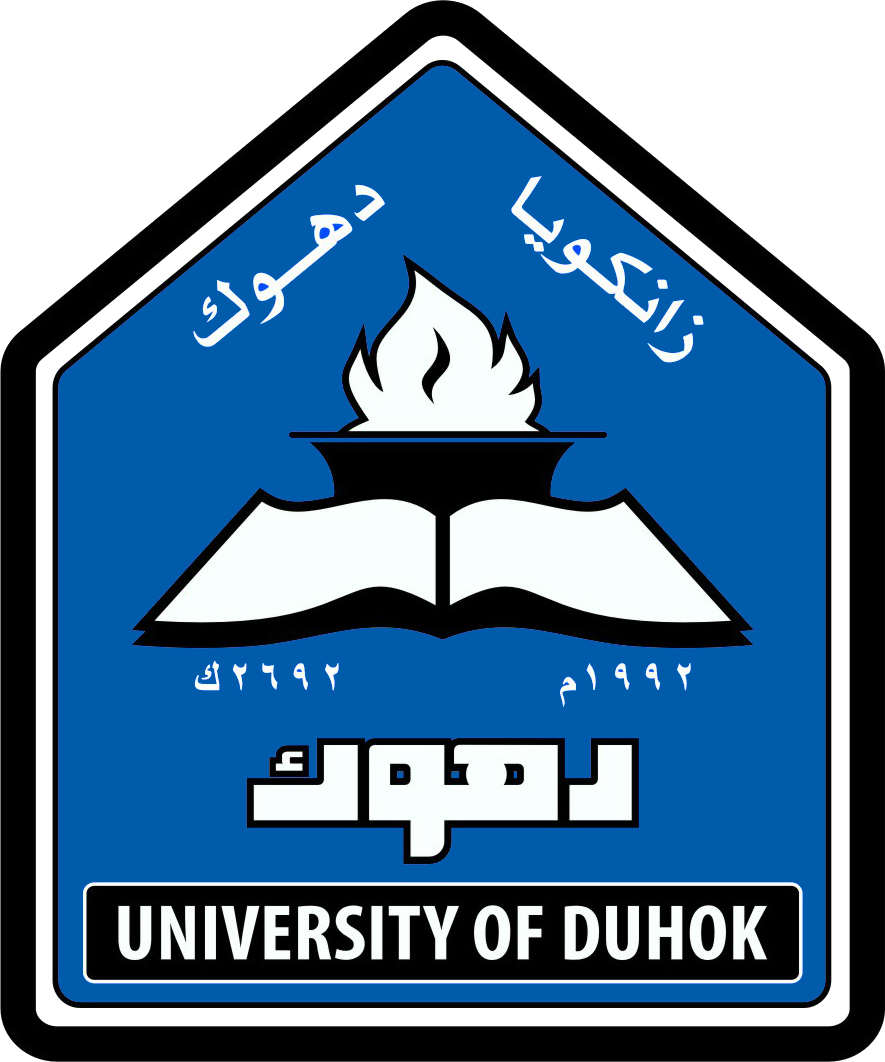About Anesthesia Science department
The department of Anesthesia Science was established in 2012 academic year under the vision and objective of College of Health Sciences. The department seeks to provide trained and professional staff to fulfill the growing needs of Kurdistan Region population.
Degree certificate
The Anesthesia Science program is four years in length. After completing four years of study, the students will be awarded a Bachelor’s degree in Health Sciences\ Anesthesia Science.
Our students will be able to work in areas as diverse as academic researcher and as assistant anesthetist that can provide health services in many different types of facilities, including:
- Hospital operating and recovery rooms
- Intensive care units
- Emergency rooms and High Dependency Units.
Our department develops master postgraduate studies and is looking for further engagement of post graduate students in doctorate degree in the field.
Anesthesia Science Mission Statement
The mission of the Anesthesia Science program is to develop the knowledge, attitudes, skills and competencies required to function as an integral member of an anesthesia team in diverse surgical settings. Through theoretical lessons and clinical work, students will hone their skills that are required to provide the highest quality patient care while maintaining the ethical standards and professionalism required in this dynamic profession.
Goals of Anesthesia Science
This program Bachelor of Anesthesia Science has been developed to enable the graduates to integrate a broad generic base of knowledge, skills, and behaviors common to all health professions while developing technical skills specific to their healthcare major. This will help the graduates to work effectively as a team member in multi-professional healthcare delivery teams while working in an area of specific technical expertise related to the concentrated area of study.
Core Values:
- Professionalism
- Teamwork
- Safety standards
- Integrity
- Collaboration
Learning objectives of Anesthesia Science
- Knowledge: obtain the core knowledge, skills and procedures according to international standard of practice and apply it appropriately to the patient care and integrate knowledge related to anesthesia procedures and perioperative practice in care management
- Patient Care and Professional Practice: handle efficiently the specialized instruments, supplies and equipment guided by the principles of asepsis to provide optimal patient care in and outside operating room, identify the situation that may affect patients safety and participate in risk reduction and continuous quality improvement related to perioperative practices. Demonstrate competency in assisting and managing emergencies and any complications that arise during perioperative patient care and collect appropriate data related to the patient condition and analyze using an appropriate tool to support planning and decision making.
- Interpersonal Communication and Teamwork: maintaining effective ethical caring and respectful relationship with patients, families and colleagues and collaborate as a member of inter-professional team. Apply ethical principles and standards of professional performance to maintain patient data privacy and implement patient safety, quality of care and professional guidelines according to the standards that fulfill the optimal patient’s health outcomes.
- Leadership and Management: despite the fact that leadership is not considered a core value for a successful assistant anesthetist, it is necessary for the continuous updating and adaptation of new developing information and techniques in anesthesia field.
- Evidence-Based Practice and Lifelong Learning: Engage in research activities in this discipline to ensure continuous improvement in the quality of practice and resulting outcomes
